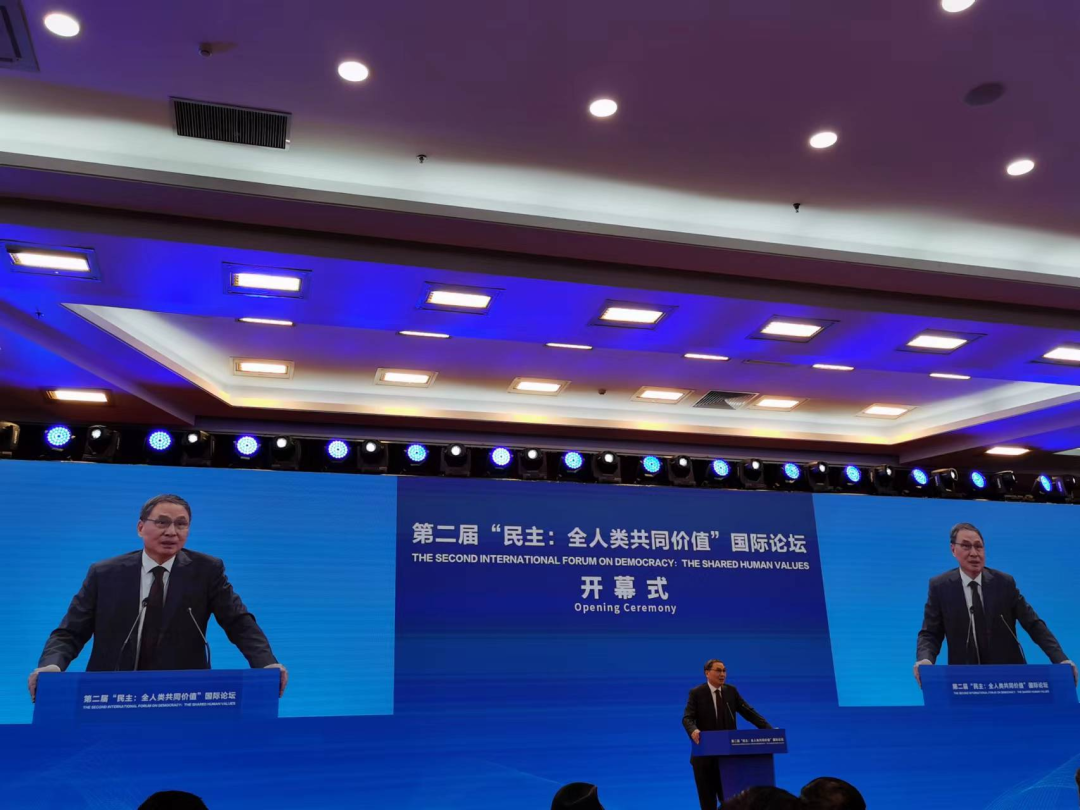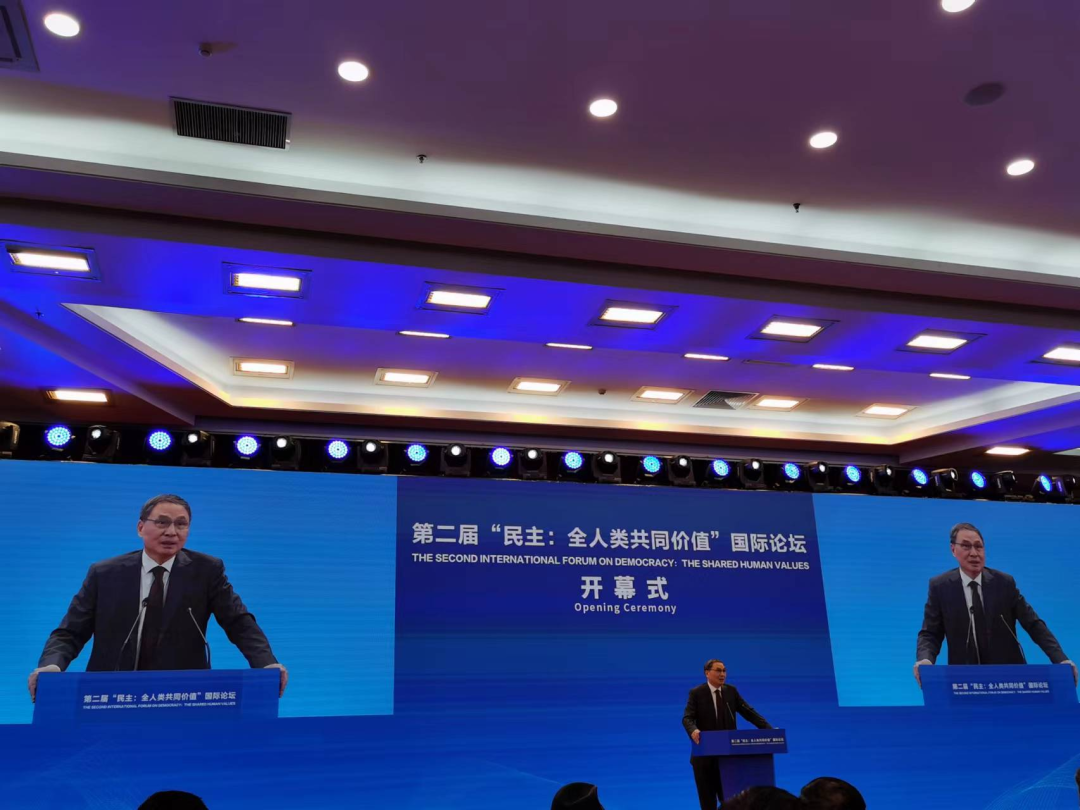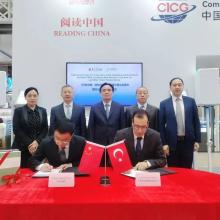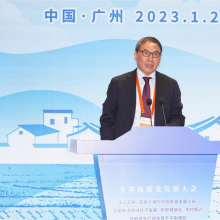Editor's Notes:The 2nd International Forum on “Democracy: A Common Value for All Humanity” is organized by the Publicity Department of the CPC Central Committee and the Information Office of the State Council, and hosted by the Chinese Academy of Social Sciences, China Central Radio and Television, and the China Foreign Affairs Bureau.
The 2nd International Forum on “Democracy: A Common Value for All Humanity” is organized by the Publicity Department of the CPC Central Committee and the Information Office of the State Council, and hosted by the Chinese Academy of Social Sciences, China Central Radio and Television, and the China Foreign Affairs Bureau. The forum was held in Beijing on March 23, inviting Chinese and foreign guests from more than 100 countries, regions, and international organizations to participate in both on-site and online. Former dignitaries and leaders of political parties, representatives of international organizations, experts, and scholars participated in the forum. Their discussion focused on five topics: "Democracy and Sustainable Development", "Democracy and Innovation", "Democracy and Global Governance", "Democracy and the Diversity of Human Civilization", and "Democracy and the Road to Modernization".
There is no one-size-fits-all model for democracy. Any country should not impose its so-called democracy on other countries. The participants stated that all countries should respect the diversity of world civilizations, establish human community with a shared future, and join hands to tackle global challenges.
In his keynote speech at the opening ceremony on the morning of the 23rd, Prof. Zheng Yongnian said: "There are various definitions and forms of democracy globally, but successful democracies are only from respect of local civilizations, cultures, and national realities. “Imported” democracies mostly end up in failure". Prof. Zheng is a professor of the Chinese University of Hong, Kong, Shenzhen, and director of the Qianhai Institute of International Affairs. He mentioned that Western countries have exported their values and views on human rights to other countries. "imported" democracy emerged as a result. However, the outcome of coping with Western democracy has proved that most "imported" democracies failed.
Western countries always address their democratic model as the solution to boost development. Empirically, some forms of democracy are good but some are not. Prof. Zheng emphasized that each country should wisely define its own democratic model. For example, some countries in Africa, Asia, and Latin America have experienced democracy with poverty for a long time. The same is true in the forms of democracy in Asian countries, some of which have developed a single-party dominated democracy that suits local practice. These countries indeed have achieved tremendous development in a short period of time and became advanced economies. However, the same Western-style democracy did not fit in other countries, which even turned into a middle-income trap to hinder development.
Prof. Zheng stated: "China has developed its own form of democracy that fits its civilization, culture, and reality." Under this form of democracy, China has achieved sustainable economic development, sustainable social stability, and institutional innovation. Not only China has per capita grown from less than $300 in the early 1980s to more than $13,000 today, but also eliminated absolute poverty, achieved basic levels of social justice, and maintained a flexible and innovative political and party system. He also called for "the importance of choosing a democratic path based on the realities of the situation." He hoped that all countries can find their form of democracy that suits national civilization, culture, and circumstances so that they can move towards success in the future.

Source from: The 2nd International Forum on Democracy: A Common Value for All Humanity
GBA Review



